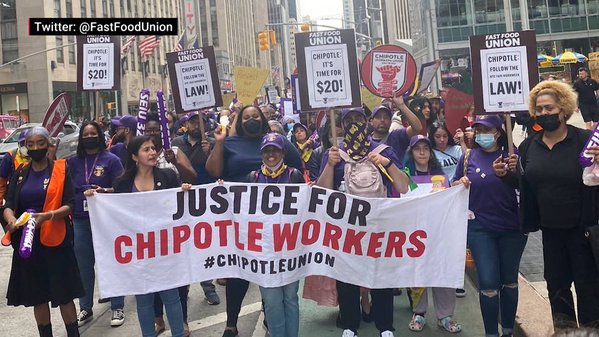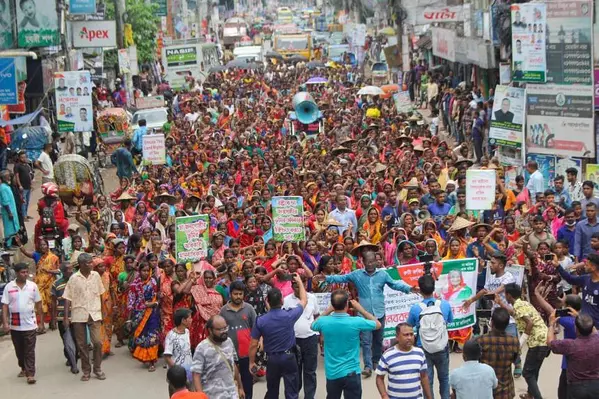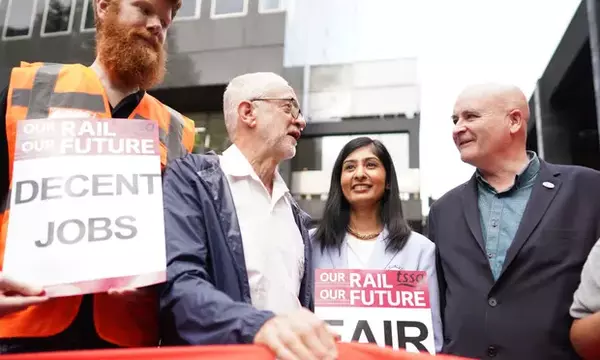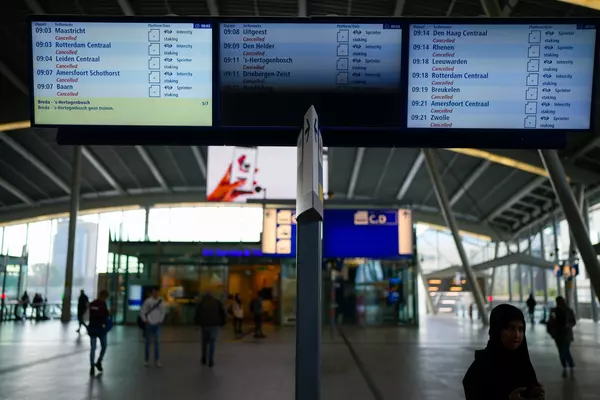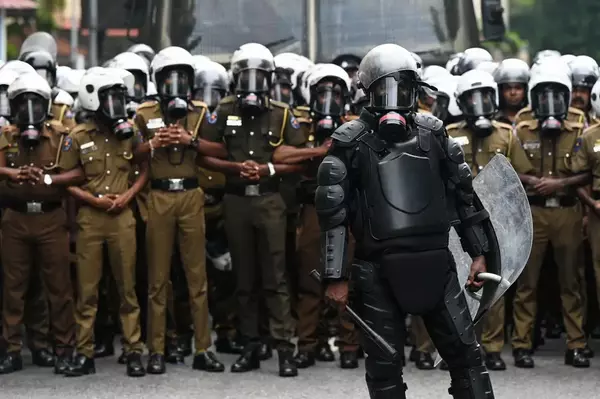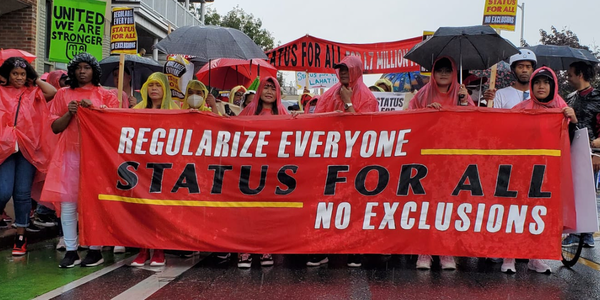..nice.
UPenn Teamsters Defeat Two-Tier
Teamsters Local 115 members at the University of Pennsylvania are celebrating a contract victory that eliminates two-tier pay for housekeepers, over the resistance of their own union officials.
“In my 31 years here, this is the best contract I’ve seen,” said member Theresa Wible. “We haven’t seen raises like this since the ’80s, and I’ve never seen our union hall this packed.”
The 550 campus Teamsters are mostly housekeepers, and 250 of them had been stuck on a permanent bottom tier.
The five-year contract, ratified June 29, puts every Teamster at Ivy League UPenn on a progression to top pay. This year the first tier is making $25.12 an hour and the second tier is at $20.90, but by the end of the contract every housekeeper will get $28.68.
Members also won annual raises ranging from 3.5 to 4 percent, additional paid vacation days over Christmas, and Juneteenth as a paid holiday—all thanks to a contract campaign organized by members, with the support of Teamsters for a Democratic Union.
“TDU gave us the tools to organize and fight back, and members did the rest,” said custodian Chris Buggey.
“Support from our local leadership has really been nonexistent,” said housekeeper Jawuan Thomas. “They told us we would never get rid of the two-tier system: ‘It’s in all our contracts, shut up about it.’ But we abolished it in one shop.”
A UNIFYING ISSUE
Members started organizing months before their contract expired. Vince Gifoli, a 30-year Teamster, was one of a handful of rank and filers who got the ball rolling.
Gifoli was looking for a way to rebuild the unity that was once the cornerstone of Local 115’s strength. He isn’t a housekeeper himself—he’s one of the hard surface custodians, who clean and shovel the paved walkways on campus—but he saw that two-tier was the major issue that could bring everyone together.
He and a few co-workers decided, “Let’s try to get a movement started to end this, and that’ll bring more unity back into the shop, which will make our local stronger in the long run.”
Local 115 needed it. “The union is in shambles,” Thomas said. “Business agents who don’t come to their shop locations. Shop stewards who discourage and who mishandle grievances. An executive board that really doesn’t take into consideration its membership.” But he was inspired by Wible’s stories of how powerful the local used to be.
The activists started by handing out Weingarten rights cards, informing members of their right to bring a union steward along to any meeting with management that could result in discipline. Then they put together a bargaining survey and collected responses from 200 members.....

